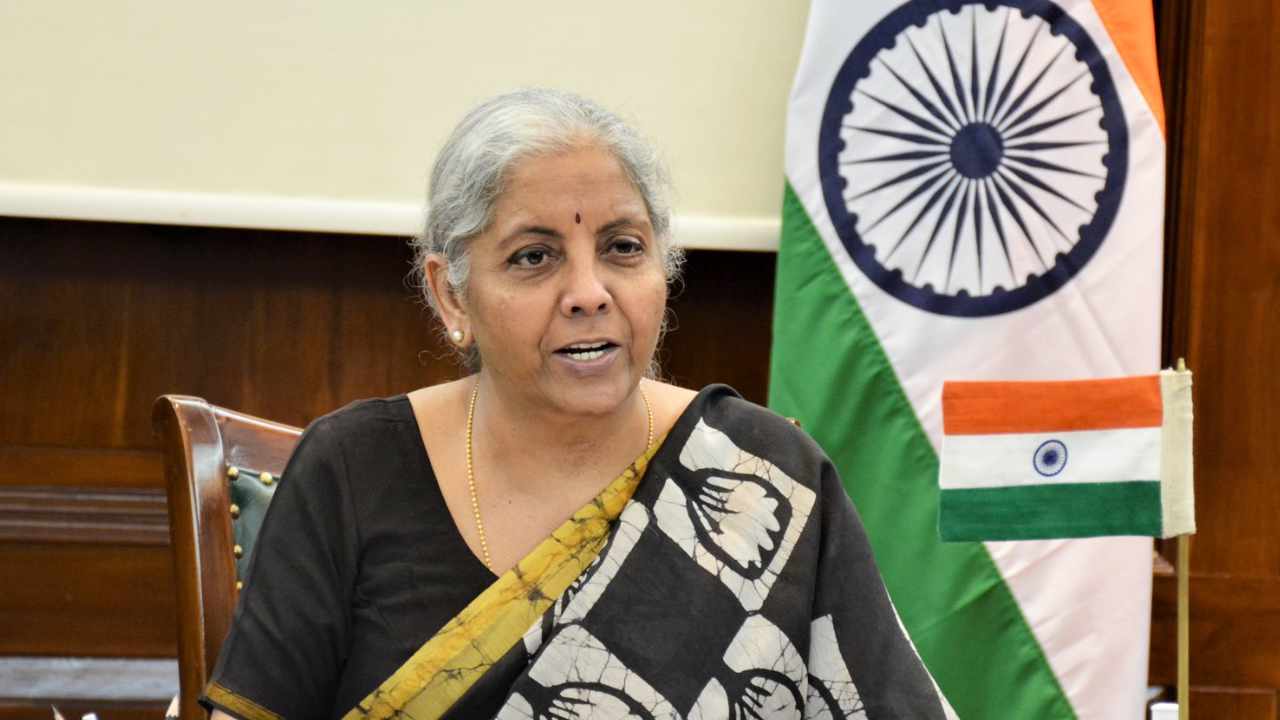
The Crypto-Asset Reporting Framework is the new international standard for the automatic exchange of information between tax authorities.
Just under 50 national governments have issued a joint pledge to “swiftly transpose” the Crypto-Asset Reporting Framework (CARF), the new international standard on automatic exchange of information between tax authorities, into their domestic law systems. The statement was published on Nov. 10.
The Organisation for Economic Cooperation and Development (OECD) published the CARF in 2022. Developed from an April 2021 mandate from the G20, the CARF framework requires reporting on the type of cryptocurrency and digital asset transaction — whether through an intermediary or a service provider.
The statement’s authors intend to activate exchange agreements for information exchanges to commence by 2027. According to the text:
“The widespread, consistent and timely implementation of the CARF will further improve our ability to ensure tax compliance and clamp down on tax evasion, which reduces public revenues and increases the burden on those who pay their taxes.”
The list of pledging countries includes all 38 member states of the OECD and some traditional financial offshore havens such as the United Kingdom’s Overseas Territories of the Cayman Islands and Gibraltar. However, being Europe-centered, it misses crucial markets such as China and Hong Kong, the United Arab Emirates, Russia and Turkey. There is also not a single African country and only two Latin American ones — Chile and Brazil.
Headline: How to manage crypto losses on tax returns in the US, UK and Canada
CARF is not the only tax information exchange protocol that is being implemented on the international level to capture crypto income. In October, the eighth iteration of the Directive on Administrative Cooperation (DAC8) — a cryptocurrency tax reporting rule — was formally adopted by the Council of the European Union. DAC8 aims to grant tax collectors the jurisdiction to monitor and evaluate every cryptocurrency transaction carried out by individuals or entities within any other EU member state.
Magazine: 2 years after John McAfee’s death, widow Janice is broke and needs answers





